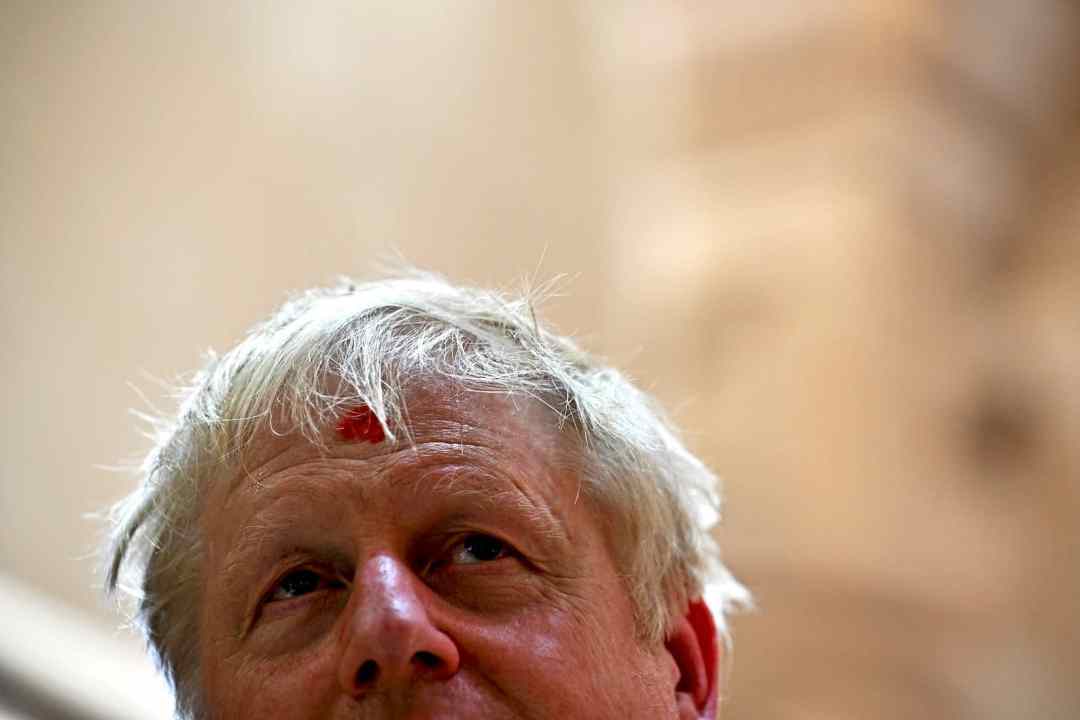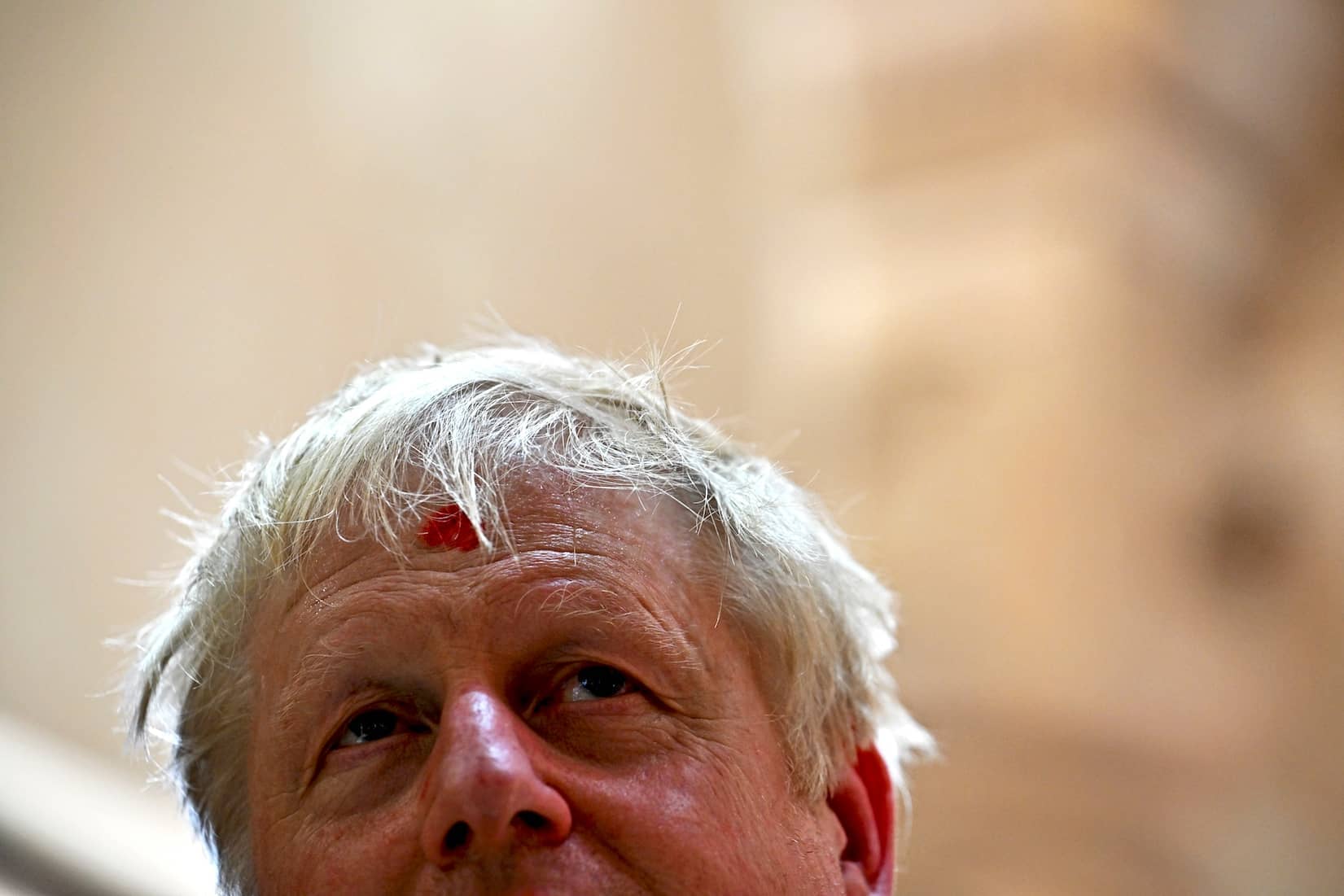The Commons has approved – without a vote – a motion calling for Boris Johnson to face an investigation into whether he misled the House over partygate. Labour’s motion, supported by other opposition parties, means the Privileges Committee will start an inquiry after the Metropolitan Police’s work on the lockdown parties has concluded.
There was no vote because the government opposition to this motion, which was still active even this morning collapsed at the last minute, and it was easy from the debate to see why. It lacked the drama of a vote at the end, but the speeches themselves compensated for that. As Katy reported earlier, Steve Baker became the latest Conservative MP to call for Boris Johnson to go, switching from being supportive of the PM only this week to saying time was now up. William Wragg offered a taste of his own existential soul-searching over the matter, telling fellow MPs that it was ‘utterly depressing, defending the indefensible’ and that ‘each time, a part of us withers’. At one point in his address, it seemed as though the long-term critic of Johnson’s leadership was going to announce he was quitting the party altogether. But he pulled back from that.
Today has not been a good day for the Prime Minister
Anthony Mangnall also said that ‘unfortunately not enough’ had been done to remedy the situation and that he didn’t yet have a reason to withdraw his own letter calling for a vote of no confidence in Johnson. This underlines what I wrote on Coffee House earlier this week, that the Prime Minister has (unusually) not made things worse with his brief Commons apology, but he has still not done anything that will make Tory MPs more inclined to support him. The slow bleed-out of support for him seems to be continuing.
Labour’s Chris Bryant has recused himself from the Privileges Committee investigation because he has already commented on Johnson’s behaviour. But he gave another one of his good speeches about the wider implications of poor conduct in parliament. He pointed out how many members had been convicted of criminal offences and how many had resigned due to their conduct. He reminded members that two of their number had been murdered in recent years and others were having to wear stab vests, showing how crucial it was to preserve respect for parliament, rather than erode it. ‘We have to take the reputation of this house extremely seriously,’ he said. ‘We have to burnish it, not tarnish it.’
Michael Ellis was wheeled out to close for the government, which is proof enough of the chaos over this debate. The paymaster general is the supermodel of Johnson’s defence team and won’t get out of bed for anything less than totally indefensible. His line was that the Prime Minister was happy for there to be scrutiny of his actions and that he had always set out his version of events. He also insisted that Johnson had never said this wasn’t important, but that there were other important things too. Very little of this stood up to immediate scrutiny: Johnson has repeatedly dodged questions on what happened, he has asked MPs to let him get on with the job and just hours before the debate, he was still very much not happy for there to be an inquiry into whether he misled the house.
Today has not been a good day for the Prime Minister or indeed the smooth running of government. The chances are that it is going to get a lot worse once the local elections are over.








Comments